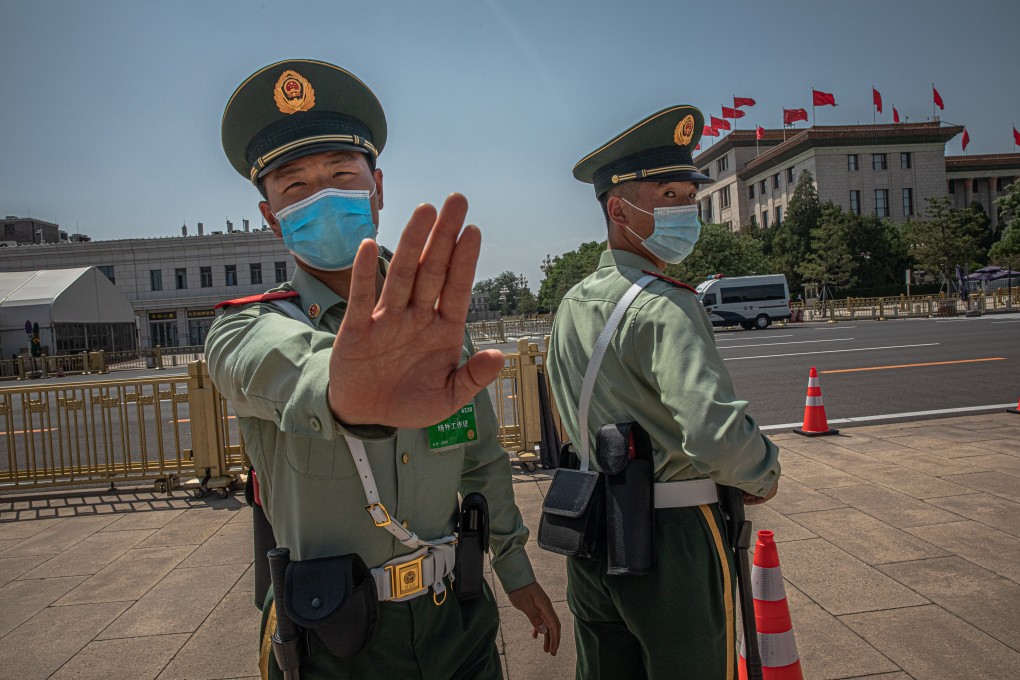Advertisement
Opinion | US-China relations: new cold war a struggle over information, not democracy
- This new economic and technological cold war’s most potent weapon is not ideology but information, which gives China an advantage and the US-led West a handicap
- The West is handicapped but not doomed in this struggle, but it cannot count on glasnost taking place in today’s China to win this time round
Reading Time:3 minutes
Why you can trust SCMP
47

A cold war. Extreme competition. Strategic rivalry. Call it what you want, what matters is a prolonged struggle for supremacy between the United States and China is under way.
Great power rivalries rarely end in indefinite stalemate, which means there can only be three outcomes: the US remains the dominant global power, China replaces it or a hot war decides.
Neither side wants the latter. A shooting war will send the world reeling. Let’s not think about how it would devastate Hong Kong, a front line in the US-China rivalry.
This new cold war – US President Joe Biden calls it “extreme competition” – is a struggle between democracy and President Xi Jinping’s assertive authoritarianism.
Despite Xi’s urging multilateralism at last month’s Davos forum – where he pleaded for international rules, openness and inclusiveness – critics say China is doing the opposite. They have cited Beijing’s boycott of certain Australian goods for urging an independent coronavirus inquiry, its South China Sea behaviour and intimidation of Taiwan.

01:15
China-Australia trade: Beijing set to ban nearly US$400 million worth of Australian wheat imports
China-Australia trade: Beijing set to ban nearly US$400 million worth of Australian wheat imports
China bans Facebook, WhatsApp and Twitter, and it imposes tight controls on foreign media. Even so, it spewed moral outrage at former President Donald Trump’s restriction of mainland media and apps on reciprocity grounds.
Advertisement
